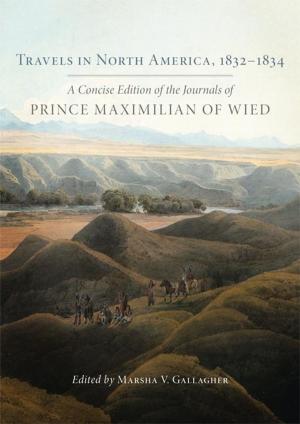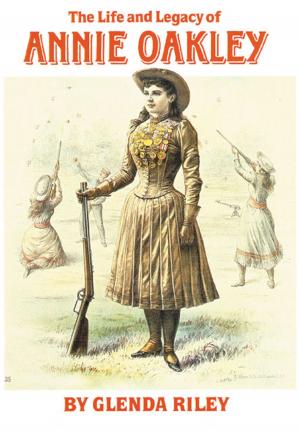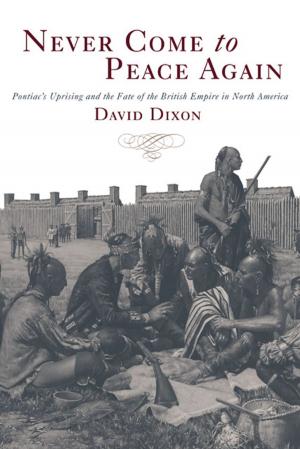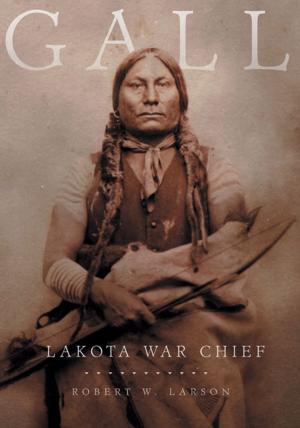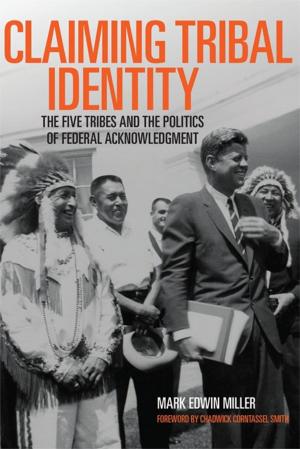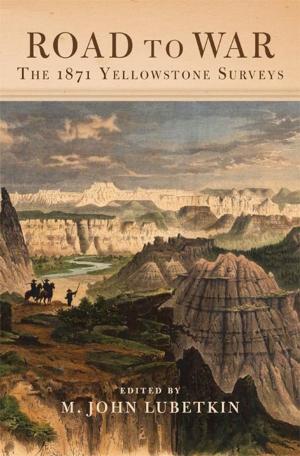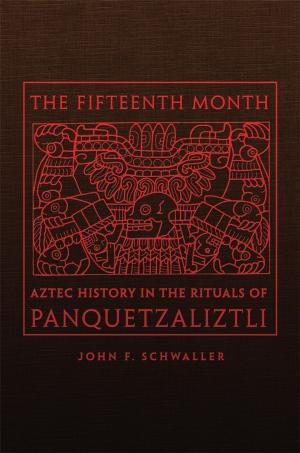| Author: | Ty Cashion | ISBN: | 9780806162072 |
| Publisher: | University of Oklahoma Press | Publication: | November 1, 2018 |
| Imprint: | University of Oklahoma Press | Language: | English |
| Author: | Ty Cashion |
| ISBN: | 9780806162072 |
| Publisher: | University of Oklahoma Press |
| Publication: | November 1, 2018 |
| Imprint: | University of Oklahoma Press |
| Language: | English |
There is the story the Lone Star State likes to tell about itself—and then there is the reality, a Texas past that bears little resemblance to the manly Anglo myth of Texas exceptionalism that maintains a firm grip on the state’s historical imagination. Lone Star Mind takes aim at this traditional narrative, holding both academic and lay historians accountable for the ways in which they craft the state’s story. A clear-sighted, far-reaching work of intellectual history, this book marshals a wide array of pertinent scholarship, analysis, and original ideas to point the way toward a new “usable past” that twenty-first-century Texans will find relevant.
Ty Cashion fixes T. R. Fehrenbach’s Lone Star: A History of Texas and the Texans in his crosshairs in particular, laying bare the conceptual deficiencies of the romantic and mythic narrative the book has served to codify since its first publication in 1968. At the same time, Cashion explores the reasons why the collective efforts of university-trained scholars have failed to diminish the appeal of the state’s iconic popular culture, despite the fuller and more accurate record these historians have produced.
Framing the search for a collective Texan identity in the context of a post-Christian age and the end of Anglo-male hegemony, Lone Star Mind illuminates the many historiographical issues besetting the study of American history that will resonate with scholars in other fields as well. Cashion proposes that a cultural history approach focusing on the self-interests of all Texans is capable of telling a more complete story—a story that captures present-day realities.
There is the story the Lone Star State likes to tell about itself—and then there is the reality, a Texas past that bears little resemblance to the manly Anglo myth of Texas exceptionalism that maintains a firm grip on the state’s historical imagination. Lone Star Mind takes aim at this traditional narrative, holding both academic and lay historians accountable for the ways in which they craft the state’s story. A clear-sighted, far-reaching work of intellectual history, this book marshals a wide array of pertinent scholarship, analysis, and original ideas to point the way toward a new “usable past” that twenty-first-century Texans will find relevant.
Ty Cashion fixes T. R. Fehrenbach’s Lone Star: A History of Texas and the Texans in his crosshairs in particular, laying bare the conceptual deficiencies of the romantic and mythic narrative the book has served to codify since its first publication in 1968. At the same time, Cashion explores the reasons why the collective efforts of university-trained scholars have failed to diminish the appeal of the state’s iconic popular culture, despite the fuller and more accurate record these historians have produced.
Framing the search for a collective Texan identity in the context of a post-Christian age and the end of Anglo-male hegemony, Lone Star Mind illuminates the many historiographical issues besetting the study of American history that will resonate with scholars in other fields as well. Cashion proposes that a cultural history approach focusing on the self-interests of all Texans is capable of telling a more complete story—a story that captures present-day realities.

